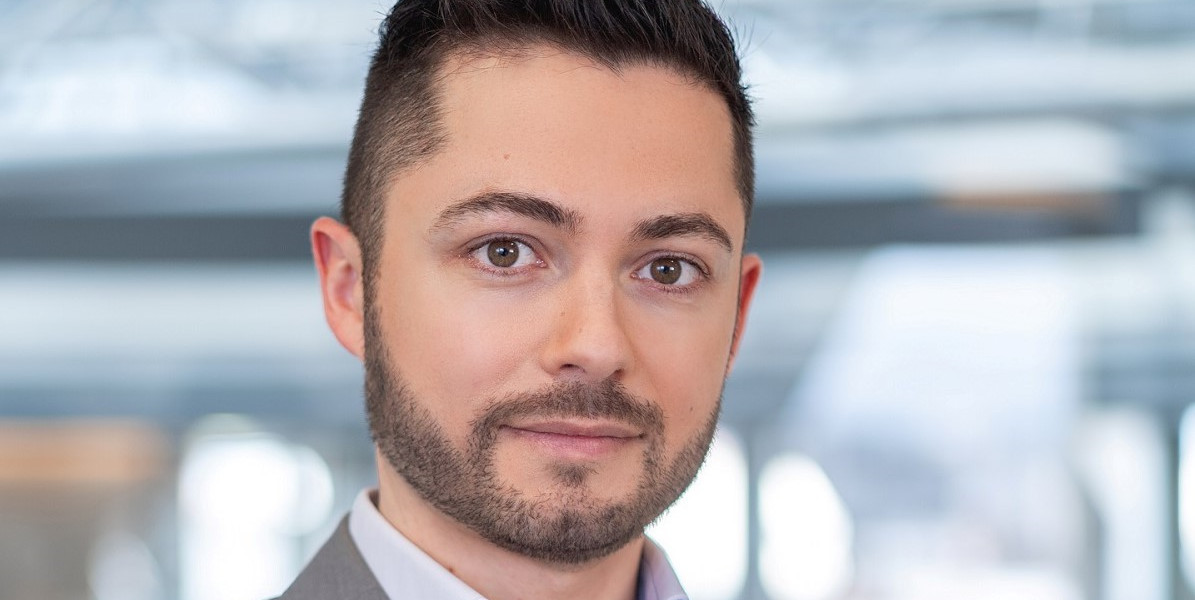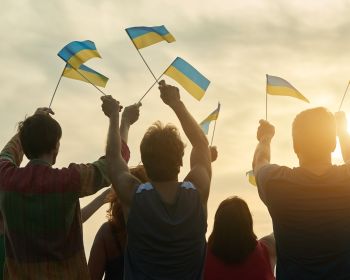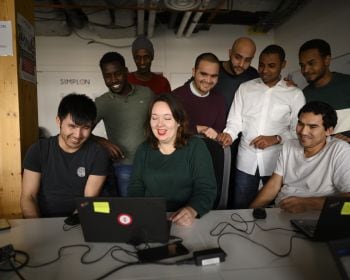Giving Tuesday: the RRF triples your donations to support refugees!
To mark Giving Tuesday, each individual donation (employee or retired employee of BNP Paribas, customer of the Bank in France) made between UTC+1 noon on Monday 28 November and midnight on Tuesday 29 November through the Rescue & Recover Fund will be tripled – and not doubled! – by BNP Paribas. Since the operating costs of the endowment fund are entirely covered by BNP Paribas, for a donation of €100, a sum of €300 (rather than the usual €200) will be donated to the operation’s NGO partners, namely CARE, MSF and the Red Cross.
If you forgot or lost your login details, write to fondsdedotation [at] bnpparibas (dot) com
Can you remind us what led to the creation of the Rescue & Recover Fund in 2012?
The Rescue & Recover Fund – or RRF – stemmed from the desire of employees to help victims of disasters, such as the tsunami in Japan in 2011. In response to such events, a fundraising was organised quickly, supported by the Group, but without any dedicated structure, tool or resources... The BNP Paribas Foundation then centralised donations by cheque, which was really complicated because the emergency efforts absolutely need a proper framework. So, in 2012 we decided to create an endowment fund for emergency fundraising, in the event of a humanitarian disaster. Legally independent of the Group, it benefits from a system whereby donations are fully matched by BNP Paribas – meaning they are effectively doubled. This procedure was unique at the time… and remains so today!
The RRF currently has 4 partners, 3 of which have been involved from the outset. Can you tell us more about them and how you work together?
Since it was set up, the RRF has chosen to support a small number of partners, to avoid diluting its impact. Our long-standing NGO partners are Doctors Without Borders (or MSF, for “Médecins Sans Frontières”), CARE and the Red Cross, chosen for their complementary action to cover needs from A to Z. In simple terms, the Red Cross intervenes for shelter and emergency responses, MSF for short- and long-term medical care – beyond its direct impacts, a disaster will generally worsen health conditions over time – and CARE for the provision of basic necessities. In ten years, we have set up processes enabling us to usually intervene within 48 hours. Today, we are among the leading funders of emergency responses, because we have set ourselves the goal of disbursing the funds collected within thirty days - this is often done within a fortnight, a speed which institutions, especially state ones, can hardly match. NGOs travel out as soon as the disaster is notified and must therefore advance the costs: it is therefore crucial that they receive the funds very quickly.
“it was the employees who challenged us: why weren't we intervening?”
How do you see the future of the RRF as it enters its second decade?
I’ve been at the head of RRF for five years and have witnessed a gradual change in the type of disasters we face. In its early days, the RRF intervened on a seasonal and cyclical basis, for instance, to cover recurrent cyclones; now climate events are becoming increasingly violent, unexpected and common, including in zones which were previously more or less spared. The summer of 2022 left its mark, showing that no-one is immune to climate change, which greatly affects the humanitarian response. We are talking about the first climate refugees and this subject will unfortunately become very prevalent. For the RRF, our challenge is how to remain an innovative tool, capable of helping our NGO partners to adapt so as to respond to increasingly frequent and intense crises?
“it is common for people who are retiring to ask their colleagues to make donations to the RRF as a leaving gift. Here we are at the heart of the matter: people first. ”
These notions of generosity and community are at the heart of the RRF model...
That's right: the RRF is above all a tool to foster generosity. We like to say that it allows us to deploy the generosity that unites us and that’s true, this notion that drops of water make an ocean... Our fund is multifaceted, and everyone can get involved. We have a general e-mail address to which all employees can write to share comments or suggestions, and these are really important to us. Beyond the fundraising actions that we organise with RRF, the Group’s entities regularly launch special operations with their staff or their customers. Commercial actions, sporting challenges, development of financial products... At the start of 2018, all this represented just 5% of the fundraising activities, but today it accounts for a third of the total! One last example that is very revealing of this enthusiasm: it is common for people who are retiring or moving to a new entity to ask their colleagues to make donations to the RRF as a leaving gift. Here we are at the heart of the matter, in other words, people first.
Find Sébastien Baijard on LinkedIn
The Rescue & Recover Fund in 3 figures
partners: CARE, Doctors Without Borders, the Red Cross and IFAW
donors
of field actions financed in 10 years



